Current status in nautical industry
If we observe the automotive industry, electrification is already there, and you can find solid solutions for cars propelled by the electric energy. Where within a nautical industry you can count fully functional electric boat solutions on the fingers of one hand. There are hybrid solutions for speedboats, sailing yachts, catamarans, and even large commercial boats, but they are still not used in mass production. Such hybrid solutions are still more exception rather than the rule.
All that could change rather quickly in the following years. With a rapid development of battery technologies which are now smaller in size and more durable, soon it will be a common thing to see an electric speedboat that is gliding on the sea surface while all you can hear will be waves splashing.
Electric engines are, in essence, perfectly suited for the boats. Since boats longer than five meters weigh around one ton (and more when equipped with an engine and all the equipment), they have to struggle to overcome the resistance of water. Electric boat engines are developing maximum torque from 0 rpm and push a boat instantly through the water. Classic internal combustion engines, even diesel engines, have to reach a certain rpm (1000-1500) to deliver maximum power and torque, and push the boat forward through water, which means you have to wait for some time for an engine response. In that sense electric propelled boats have better control when manoeuvring in tight spaces.
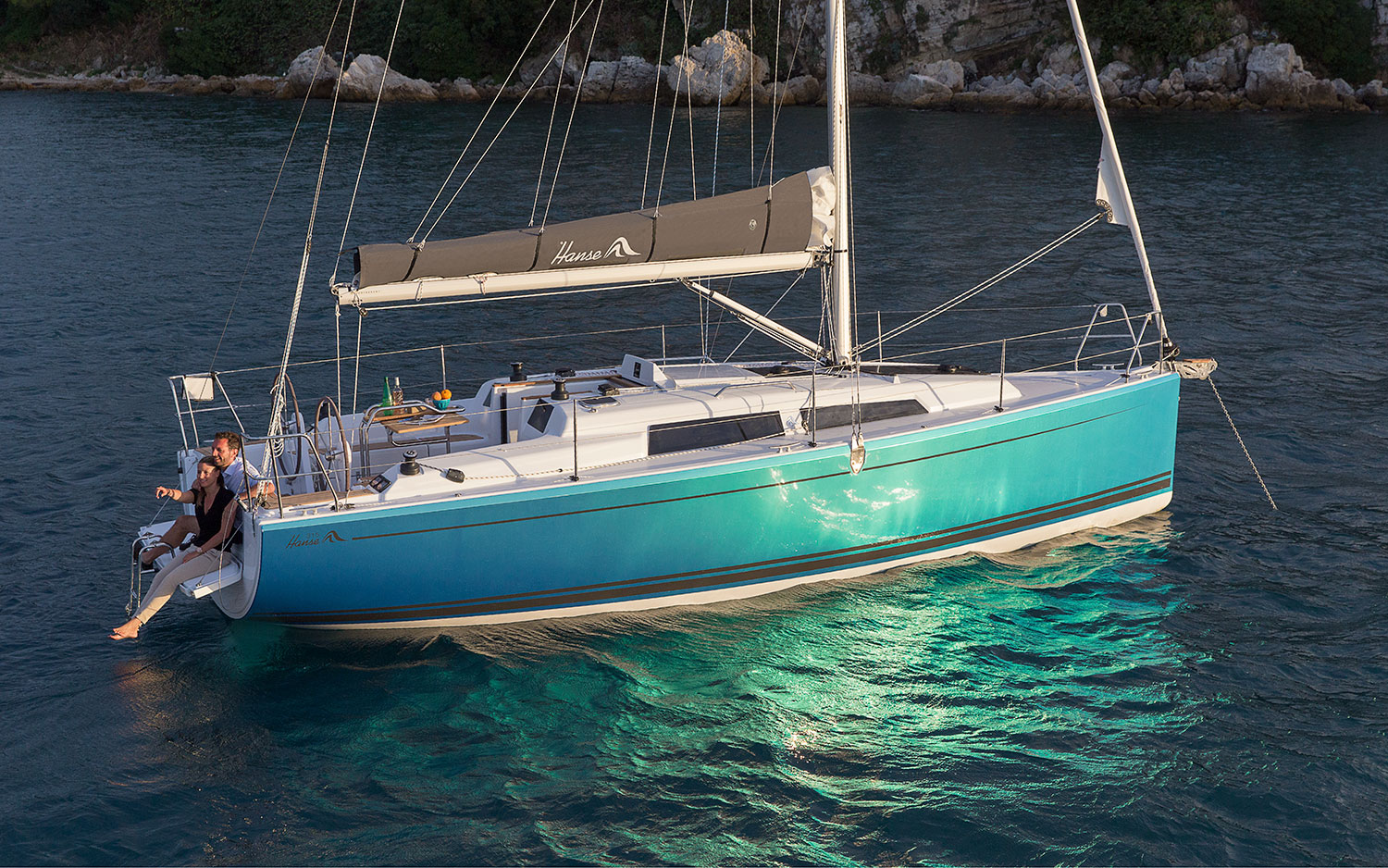
Charter industry
More boat manufacturers are adopting electric engines as propulsion for sailing yachts. Charter industry is dominated by sailing yachts and sailors that are generally more inclined towards environmental protection than their sailor colleagues that are sailing on speed boats and motor yachts. Having that in mind, most of charter clients will generously accept electric engines on sailing yachts entering the charter industry.
Charter sailing yachts equipped with electric propulsion will have a higher yacht rental price compared with sailing yachts equipped with internal combustion engines, but you will have no gasoline expense at the end of the week. In line with that, there will be no waiting in line at the petrol station which can save you a few hours and tons of nerves. You will simply charge your batteries while you are in a marina connected to the shore power.
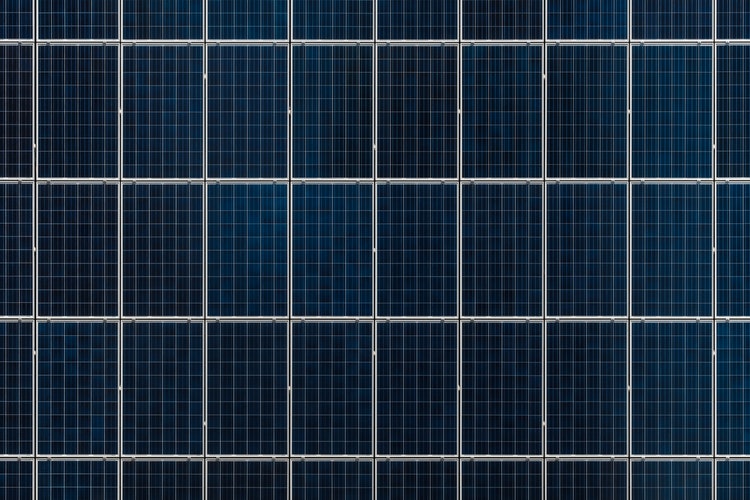
Also, if there is possibility to connect to the three-phase electricity connection, the boat will be charged in less than an hour. Normal two-phase electrical connection will take a few hours to charge your batteries, but if you are staying in a marina overnight, you can be sure that the boat will be charged and ready to sail out in the morning. In case a yacht is equipped with a generator, the drivetrain batteries can use it as a power source.
There are yachts which can charge their battery by using solar panels mounted on the boat as a power source. We are talking about motor catamarans since they have a rooftop surface which can accommodate enough solar panels to generate sufficient amount of electricity to charge the batteries. Those solar panels acquire enough energy to propel air conditioning and all electric appliances on a yacht (fridge, stove, navigation instruments, freezer, water maker, washing machine, dinghy engine, electric scooter). Solarwave 46 yacht is opening new doors of freedom for sailors which would like to stay out on the seas for longer and not visiting marinas every second or third day.
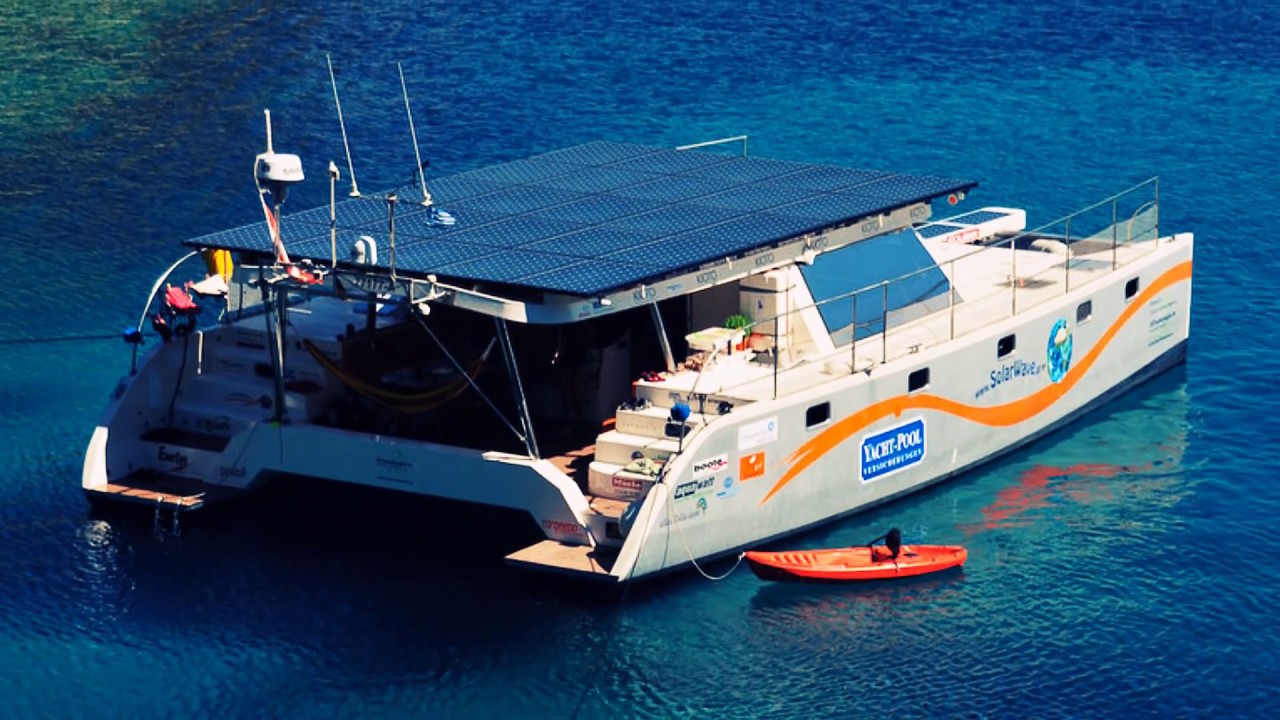
Proven solution
The yacht went through rough testing lasting five years. Very significant to charter industry is the fact that there was no need for maintenance during that testing period. The yacht sailed more than 12,000 nautical miles, where engines had more than 2,000 working hours, and no maintenance was required to the engines or solar panels. Such reduction of maintenance costs for charter companies could mean a world. This means significant reduction of fixed maintenance costs, but also more working hours on disposal for charter staff to handle other issues on boats. The end result is a satisfied client (odds for client to encounter engines malfunction during charter period would be reduced almost to zero), while there is more time to prepare the boat for a client to experience superior service.
Sailing yacht as an electric boat
Sailing yachts are not yet ready for such electrification because of the small surface where you can mount the solar panels – it is not sufficient to charge all the appliances and powertrain batteries. There is a very nice solution in a form of Hanse 315 propelled by electric engine with rudder-drive system. Solution for sailing yachts can be found in a form of a silent generator (hybrid system), which would be able to charge engine batteries and appliances without disturbing silence.
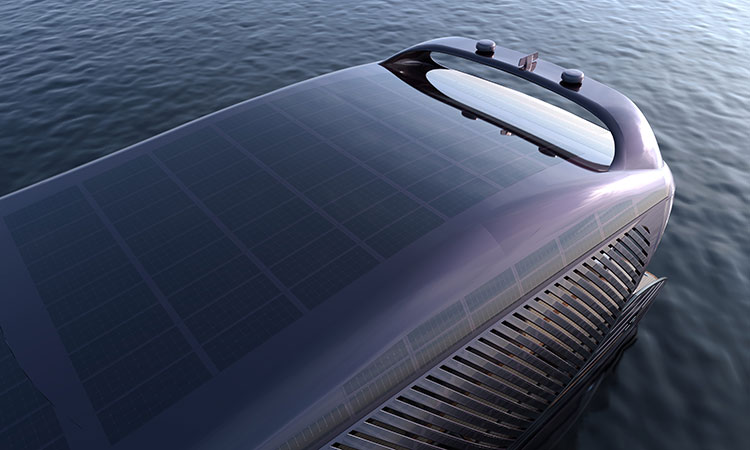
Motor yacht as an electric boat
Motor yachts are a category of their own for their large size and mass. On such yachts you can find large surfaces for mounting solar panels which could charge the batteries, but for twin engines with a power of 1,000 HP that is just not enough. There are some manufacturers with hybrid power solutions for motor yachts on the market, and that is the path towards the boat building industry should strive. During Cannes Yachting Festival a new generation of fully electric propelled motor yachts will be revealed, SolarImpact. We know the boat will be 78-foot long with a possibility to be operated by one person only. The yacht will be self-sufficient, meaning all the electric devices on board will be powered through solar panels (300 m2 of solar surface). Find out more about SolarImpact yacht in this article.
Speed boats, sailing yachts, catamarans, motor yachts, and other pleasure yachts are chartered mostly on the most fascinating places. For that reason it would be very wise for boat building community to continue the development of electric propulsion systems in order to preserve natural beauties, so the generations to come could enjoy boating on such amazing places as well.
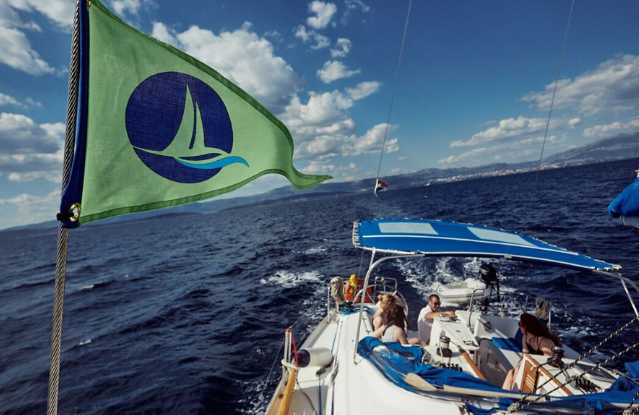
We in SailingEurope joined Green Sail environmental movement for charter companies, and next steps in being eco-friendly are yet to come.


It’s the future, it’s inevitable – the only thing that surprises me is that it hasn’t happened before. Let’s all get aboard!
Nigel, that’s true. But fossil fuels industry won’t let go their primary source of income until they switch their production toward electric and renewable sources of energy 🙂
Relevant Information for me that I was actually looking for.